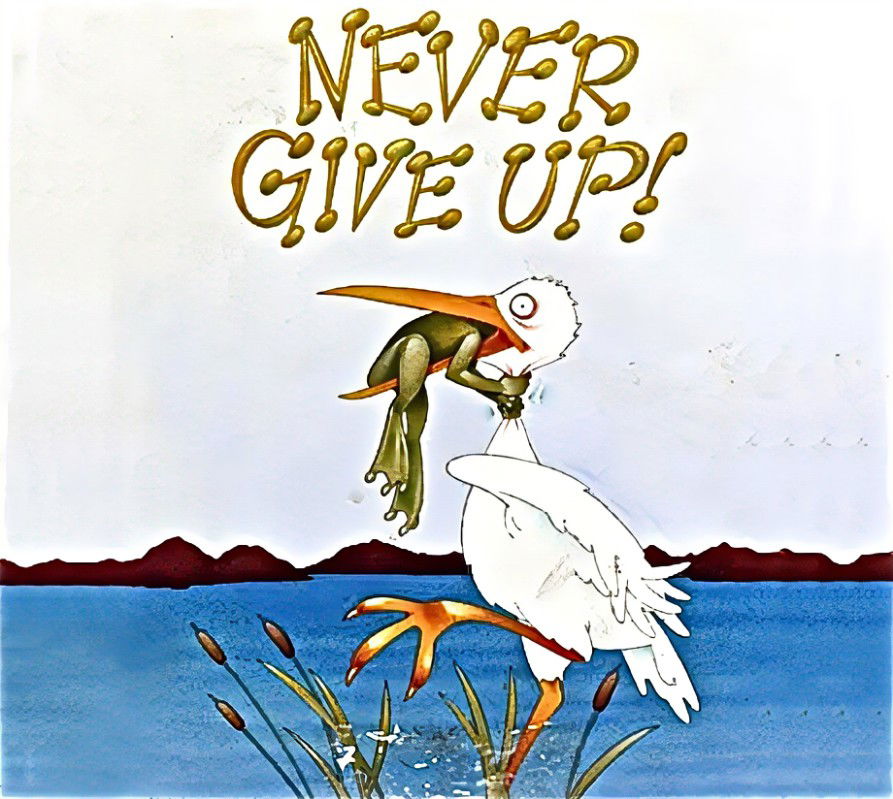Helplessness

When you spend too much time thinking and reading about the things you cannot change, you are more likely to magnify feelings of helplessness. Focusing on those unchangeable things only leaves you feeling more defeated. Obviously, the solution is to focus on what you can change but this is not always possible.
More is in our control than we often believe. For example, your thoughts and actions are under your control, as well as the way you spend your time, the priorities you set for yourself, how you treat other people, and how much time you spend on social media. Be careful, however, because your brain isn’t always telling you the truth.
So, the next time you find yourself going down the "nothing will ever change" or "there’s nothing I can do that will make a difference" rabbit hole of negative thoughts, try to step back for a moment and take a more realistic view. Challenge yourself, find the TRUTH in the situation. How do you do this? First ask questions of yourself and others. Why do you feel that way? What can you do? Who can and should you talk with? Look to evidence, evidence you trust not those not those in the middle of the lies. Seek other viewpoints but trust your gut!
You have abilities and strengths; recognize your own unique talents, strengths, and abilities. Apply your knowledge and understanding of things to understand the total dimensions of the problem you feel helpless about. You may not be able to take on everything involved but there is, most likely, something you can do.
Helplessness is only, by definition, possible when you do stop trying. I have kept a drawing that illustrates this point, it is one of the frog and the crane with the title “Never give up.” (see below)
Here are some additional things to think about when faced with helpless feelings:
- Understand how trauma affects your mind and body - When pressed by the impact of trauma, your mind will work to problem-solve, sending messages to your body, its muscles and organs, to be ready to fight the problem or flee from it. Sometimes trauma causes a third option where your mind dissociates, fragments or shifts into denial.
- Be aware of stressful triggers - When you are aware of yourself, your environment and your unique triggers, you can find healthy ways to react, thereby reducing your feelings of helplessness,
- Self-talk - Healthy self-talk inspires healthy action. It is “proactive and empowering.” Ask what you can do to make the situation better, or different. “I can get through this!”
- Become attuned to your senses - Tuning into your senses and learning how to command them helps you develop stronger reaction skills, which helps you reduce helplessness,
- Recognize certain patterns of helplessness - Identifying your personal patterns helps you feel empowered and avoid feeling helpless. What are the triggers that produce helplessness?
The TRUTH of helplessness is that you only can feel helpless if you do not take action, if you do not try and find a way to deal with the problems or situations that is causing helplessness.
Some small steps you might take are:
1. Identify your strengths and skills - Being aware of the circumstances and feelings you had around those scenarios may help you squash feelings of powerlessness and helplessness,
2. Practice creative visualization - Our thinking creates our feelings, so in order to change our feelings, we need to change our thinking first - Creative visualization is simply “daydreaming with a purpose”; it helps to create a calm, healing inner world, and to connect to your inner wisdom,
3. Address your thoughts when you have them – Challenge your thinking and come to understand if they are real or a reaction to something. Is there evidence that supports what you may be thinking,
4. Take small steps to get started – If you feel that you cannot act, just getting started can help you feel less powerless. Do what you can even if it is little,
5. Project forward – What will you do the next time something like this happens. Why do you feel you need to act.
These are times when we are inundated with negative and divisive messages, and it is easy to feel helpless. If we do not take action and feel that there is little or nothing we can do, then we are already defeated and have little hope. You do have control and need to act!



